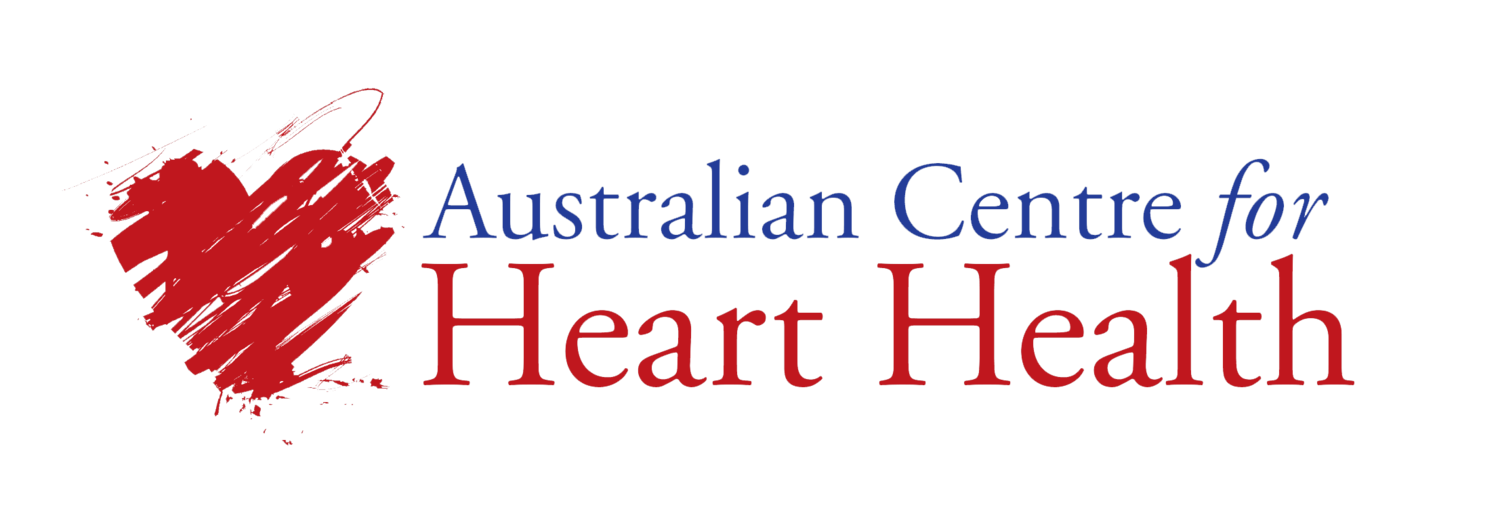Sleep Research in Cardiac Patients
Barriers and enablers to screening, management and referral of sleep disorders in patients attending cardiac rehabilitation
Investigators
Mr Michael Le Grande, Dr Barbara Murphy, Professor Alun Jackson, Australian Centre for Heart Health; Associate Professor Debra Kerr, Professor Andrea Driscoll, Deakin University; Associate Professor Alison Beauchamp, Monash University
Description
This was a focus group study involving 17 health professionals who work in cardiac rehabilitation.
This study addressed the following aims: Are health professionals confident in discussing sleep issues with patients? Are health professionals aware of professional guidelines concerning sleep? What are the barriers and enablers for implementing screening for sleep disorders in cardiac patients?
Main findings:
There is a variety of methods for assessing sleep disorders – asking few questions still very popular. There is some resistance to adding extra screening tools – we need to see added benefits to patients and there is concern that it affects the therapeutic relationship with patients.
Many professionals are unaware of the guidelines available and some lack confidence in discussing sleep issues with patients.
Any implementation of extra screening should demonstrate benefit to patients and not adversely affect the therapeutic relationshipPatient education materials e.g. pamphlets, videos additions to existing “My Heart, my Life” booklet may assist professionals in explaining sleep disorders to patients.
The literacy of patients should be considered.
Publication
Le Grande MR, Murphy BM, Kerr D, Beauchamp A, Driscoll A, Jackson AC. Barriers and enablers to screening, management and referral of sleep disorders in patients attending cardiac rehabilitation: a qualitative descriptive study, Journal of Advanced Nursing, July 2023, 1–14. https://doi.org/10.1111/jan.15765
Diagnostic accuracy and suitability of screening instruments for sleep disorders in cardiac patients
Investigators
Mr Michael Le Grande, Professor Alun Jackson, Australian Centre for Heart Health; Associate Professor Debra Kerr, Professor Andrea Driscoll, Deakin University; Associate Professor Alison Beauchamp, Monash University
Description
Clinical guidelines recommend that cardiac rehabilitation patients should be screened for potential sleep disorders with validated screening instruments, however there is limited consensus on what specific tools should be used. We conducted a systematic review of screening instruments validated or used with cardiac patients in the areas of obstructive sleep apnoea, insomnia and sleep quality.
Main findings:
Our review concluded that the following instruments be used for screening purposes with cardiac patients.
Obstructive sleep apnoea (OSA): STOP-Bang Questionnaire
Insomnia: Insomnia Severity Index
Sleep quality: Pittsburgh Sleep Quality Index
Ideally, screening for OSA or insomnia should be supplemented with measures of daytime sleepiness and sleep quality in order to obtain a more comprehensive picture of the impact of the sleep disorders upon prognosis and rehabilitation prospects.
Publication
Le Grande MR, Jackson AC, Beauchamp A, Kerr D, Driscoll A, Diagnostic accuracy and suitability of instruments that screen for obstructive sleep apnoea, insomnia and sleep quality in cardiac patients: a meta-analysis. Sleep Medicine 2021;18 (18) S1389-9457:00119-2, https://doi.org/10.1016/j.sleep.2021.02.021
Importance of sleep health literacy for cardiac nurses
Investigators
Mr Michael Le Grande, Professor Alun Jackson, Australian Centre for Heart Health; Associate Professor Debra Kerr, Professor Andrea Driscoll, Deakin University; Associate Professor Alison Beauchamp, Monash University
Description
This was an expert commentary addressed to nurses who work with patients recovering from heart related events or living with cardiac conditions.
Conclusion:
Health professionals should obtain a basic understanding of the associations between sleep and heart disease so that they may better explain the importance of screening and treatment for sleep disorders to their patients.
Publication
Le Grande MR, Kerr D, Beauchamp A, Jackson AC. Why cardiac nurses should have good sleep literacy, British Journal of Cardiac Nursing, https://doi. org/10.12968/bjca.2021.0061
Prevalence of obstructive sleep apnoea in heart disease patients
Investigators
Mr Michael Le Grande, Professor Alun Jackson, Australian Centre for Heart Health; Associate Professor Debra Kerr, Professor Andrea Driscoll, Deakin University; Associate Professor Alison Beauchamp, Monash University
Description
Obstructive Sleep Apnoea (OSA) is recognised as a risk factor for cardiovascular disease but how common is this condition among heart disease patients? This study answered this question using a rigorous systematic review and meta-analysis methodology.
Main findings: At least two-thirds of patients experienced mild OSA which is sufficient to impact upon exercise capacity and cardiac rehabilitation adherence. OSA can be effectively treated, therefore it is advisable to screen for this condition upon entry to cardiac rehabilitation programmes.
Publication
Le Grande MR, Beauchamp A, Driscoll A, Jackson AC Prevalence of obstructive sleep apnoea in acute coronary syndrome patients: systematic review and meta-analysis. BMC Cardiovasc Disord 2020; 20:147. https://doi.org/10.1186/s12872-020-01430-3
